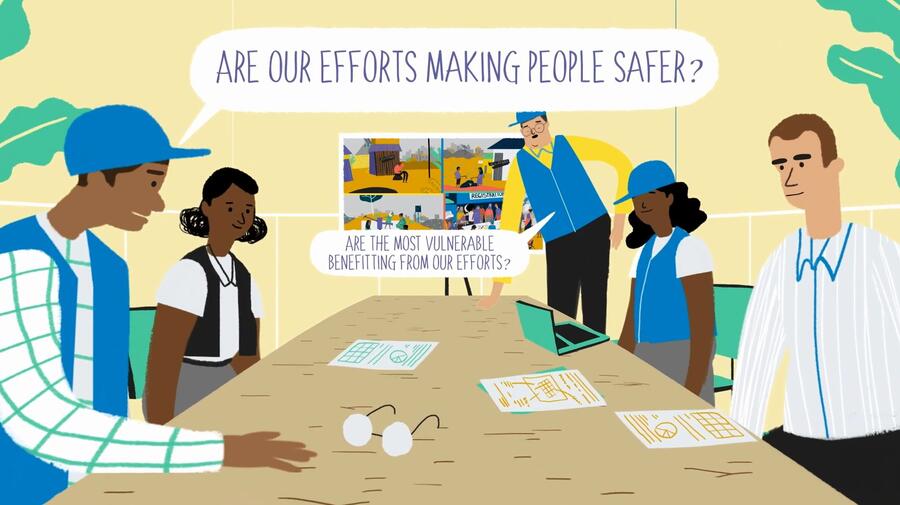Evaluation Office
What's new: reports, news and publications

UNHCR's Evaluation Policy, 2022, provides for the building of a stronger, evidence-informed, quality evaluation system in the organization based on the principles of impartiality, credibility and utility. The policy provides the framework for a whole-of-organization approach, supporting regionalization and decentralization, and strengthening results-based management.


